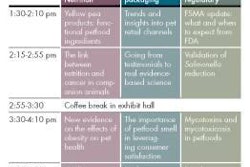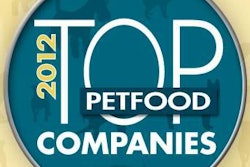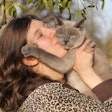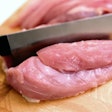The objective of this study was to determine the effects of increases in dietary intake of polyunsaturated and saturated fatty acids on plasma lipid and lipoprotein concentrations and activity of associated enzymes in healthy domestic cats. Sixteen cats were fed a baseline diet (40% energy from fat) and four test diets, with increased amounts of fat (51% and 66% energy from fat) from the addition of polyunsaturated and saturated fatty acids.
Diet, amount of fat or ratio of polyunsaturated to saturated fatty acids had no effect on plasma concentrations of cholesterol, triglycerides and very-low-density or high-density lipoproteins or the activity of lecithin-cholesterol acyl transferase. Low-density lipoprotein concentrations were significantly lower in cats fed a high-fat diet containing polyunsaturated fatty acids. Lipoprotein concentration and hepatic lipase activity were significantly higher in cats fed the fat-supplemented diets, and this was unrelated to whether diets were enriched with polyunsaturated or saturated fatty acids.
Diets containing up to 66% of energy from fat were tolerated well by healthy cats and did not affect plasma lipid concentrations. Therefore, high-fat diets probably will not contribute to hypercholesterolemia or hypertriglyceridemia in cats.
Source: R.F. Butterwick et al., 2012. Effects of increases in dietary fat intake on plasma lipid and lipoprotein cholesterol concentrations and associated enzyme activities in cats. AJVR 73: 62-67. doi: 10.2460/ajvr.73.1.62
















